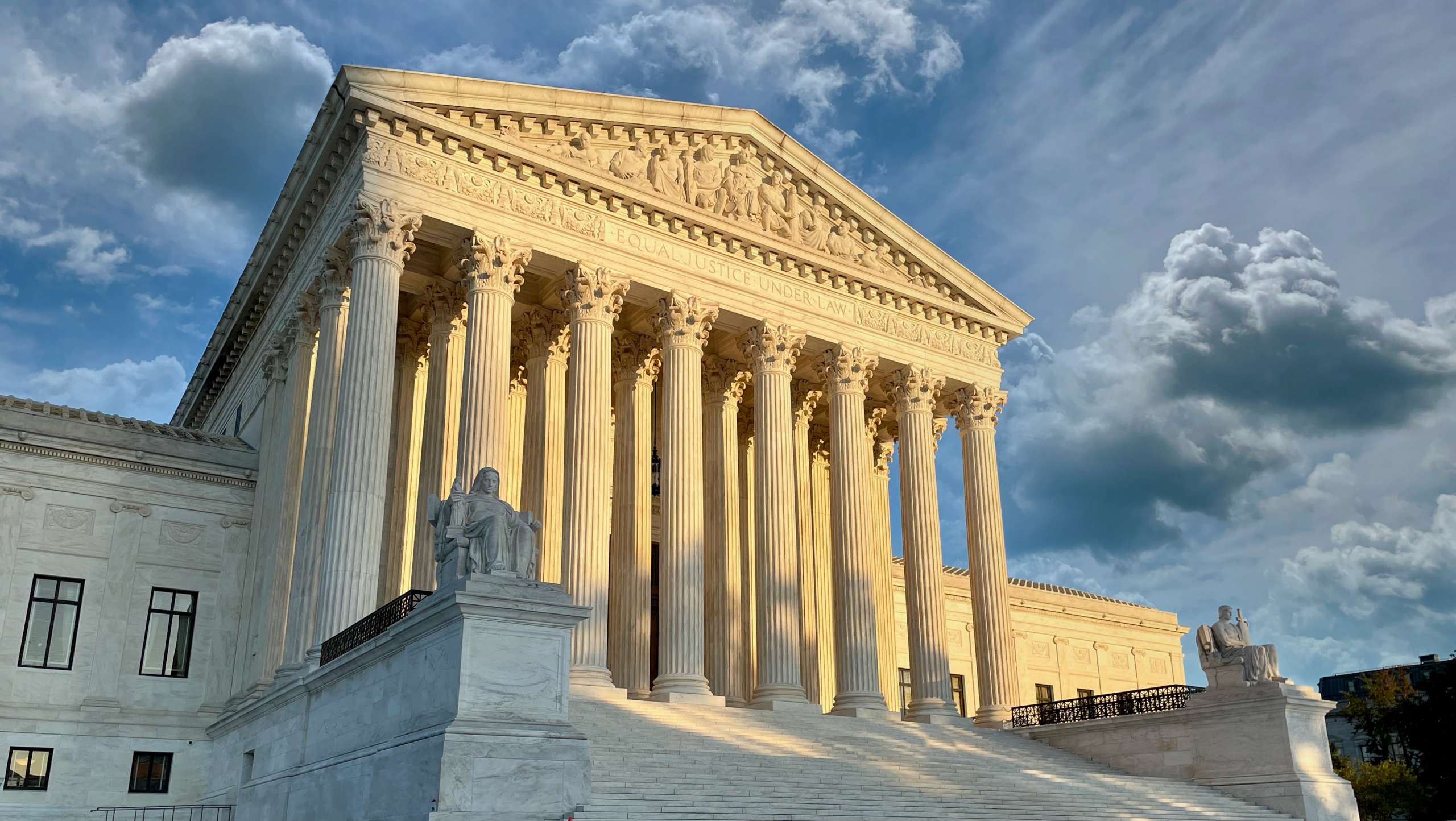Supreme Court Brief Warns That Expanded Removal Power Endangers Federal Whistleblowers

On November 14, 2025, the National Whistleblower Center (NWC) and Dr. Tommie “Toni” G. Savage filed an amicus brief to the Supreme Court of the United States for Trump v. Slaughter in support of the respondent. The issue at hand is whether the Supreme Court should stay a ruling by a federal appeals court that requires the Trump administration to reinstate a commissioner on the Federal Trade Commission whom President Donald Trump fired this spring.
In its amicus curiae brief, the NWC and Savage urge the Court to uphold the D.C. Circuit’s decision and reaffirm Congress’s longstanding authority to place reasonable limits on the President’s power to remove independent agency officials.
The Amici argue that the Framers of the Constitution intentionally vested Congress with the power to define the scope and limits of executive removal authority. Relying on the 1789 removal debates in the First Congress, including James Madison’s statements, the filing highlights that, while the Constitution gives the President the authority to remove executive officers, Congress reserved the power to control the conditions under which that authority may be exercised. This interpretation reflects the legislative role in establishing the boundaries of administrative governance as well as the constitutional structure of divided powers.
Supreme Court precedent has always supported this framework. The President’s removal power only functions in the absence of congressional legislation, as demonstrated by rulings from Ex Parte Hennen through Humphrey’s Executor v. United States. Together, these judgments confirm that Congress has the authority to create statutory safeguards to maintain the independence of public servants whose duties require insulation from political influence.
Despite the opposition’s belief, the Amici clarifies that the limited holding of Myers v. United States does not promote a unitary executive but rather addresses only the unconstitutionality of requiring Senate approval for removals. The decision did not weaken the established principles later applied in Humphrey’s Executor, nor did it replace Congress’s authority to set-for-cause removal restrictions on non-executive officers. NWC and Savage argue that, when correctly interpreted, Myers is entirely consistent with the established precedent.
Allowing the President to act as a unitary executive, unchecked by legislative limitation on removal power, places federal whistleblowers, like Dr. Savage, directly in the crossfire. Dr. Savage’s final enforcement actions were put on indefinite hold in 2025, 10 years after the Merit Systems Protection Board (MSPB) ruled in her favor. This delay was the direct result of President Trump’s removal of the MSPB Chair without reason, thereby eliminating the Board’s quorum and incapacitating the execution of final decisions.
The Amici were represented by Kohn, Kohn & Colapinto attorney Kayla Svihovec with Stephen M. Kohn as the Counsel of Record, Svihovec stresses the importance of this court decision: “The outcome of this case will have profound impacts on the ability of independent agencies to fulfill their anti-corruption mandates, and the Supreme Court must refuse to sanction this Administration’s ongoing abuses of executive power.”
The historical precedent and outcome of Savage’s case underscore the need for statutory protections that preserve the independence of agencies responsible for adjudicating whistleblower cases and enforcing merit principles. As such, the National Whistleblower Center and Savage urge the Court to rule in favor of the Respondents in Trump v. Slaughter.
Latest News & Insights
February 24, 2026
February 16, 2026




